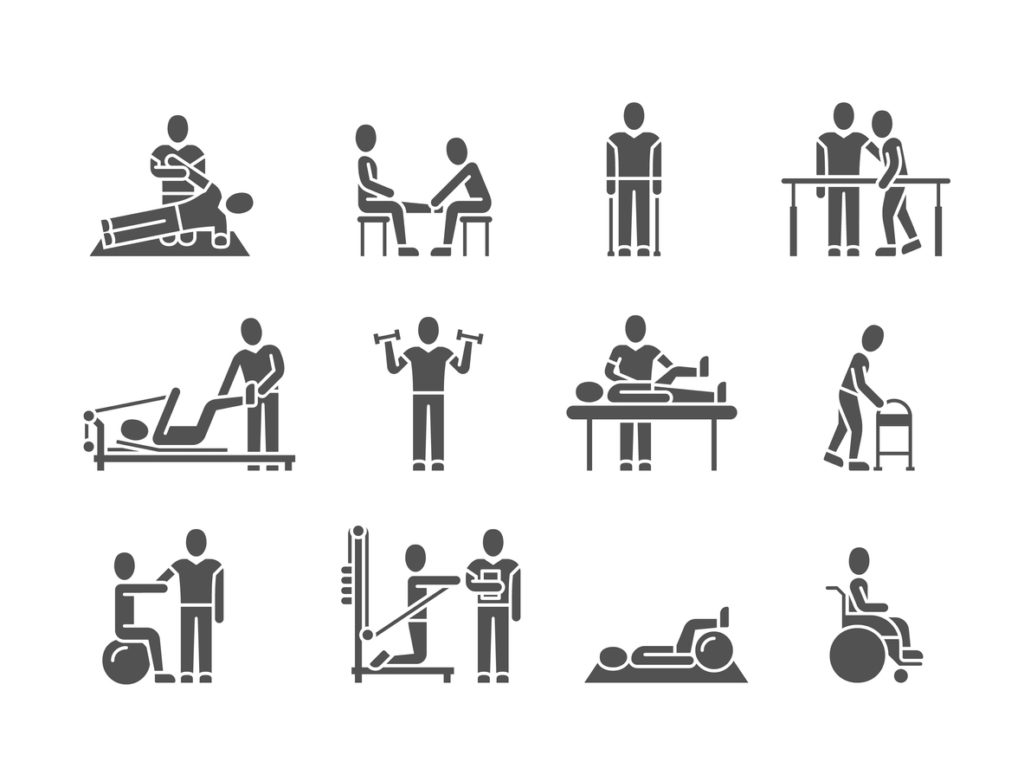Recent advances in the field of pain psychophysics that have enhanced the understanding of pain processing by the nervous system seem to characterise the individual pattern of pain processing, thereby enabling the prediction of a person’s susceptibility to develop chronic pain consequent to surgery. In this project, the researchers propose to apply a wide array of advanced testing methods in order to prospectively assess the pain modulation pattern of pain free patients about to undergo an elective thoracotomy. Since about half of post-thoracotomy patients suffer from chronic neuropathic postoperative pain, the researchers expect to identify which tests predict a risk for this pain and the relative power of the relevant tests in this prediction, and to construct a short and applicable tool, the ‘pain susceptibility profile’, that will reliably predict the risk for the development of pain. The expected results of this project will serve the field of pain prevention by identifying patients at risk and tailoring interventions to reduce the risk of chronic pain.
Official Title
Advancement of Psychophysics of Pain Modulation From Lab to Clinic: Constructing Susceptibility Profile for Appearance of Postoperative Neuropathic Pain.
Conditions
- Post Operative Pain
Study Type
Observational
Study Design
Screening, Longitudinal, Defined Population, Prospective Study.
Further Details
The common prevalence of painful syndromes following surgical interventions and injuries calls for a preventive therapeutic approach that can only be based on better insight into the pain modulation mechanisms in these patients. Recent advances in the field of pain psychophysics that have enhanced our understanding of pain processing by the nervous system seem to characterise the individual pattern of pain processing, thereby enabling the prediction of a person’s susceptibility to develop chronic pain consequent to surgery.
In this project, we propose to apply a wide array of advanced testing methods in order to prospectively assess the pain modulation pattern of pain free patients about to undergo an elective thoracotomy. Tests will include:
- psychophysical tests: pain thresholds and suprathreshold magnitude estimation, temporal summation, endogenous analgesia – diffuse noxious inhibitory control (DNIC);
- tests for the interaction between pain and the autonomic nervous system including the inhibitory effect of vagal activation on pain perception, and the response pattern of the sympatho-parasympathetic balance to noxious stimulation; and
- evaluation of personality components known to be associated with chronic pain including anxiety, catastrophisation and somatisation.
Since about half of post-thoracotomy patients suffer from chronic neuropathic postoperative pain, we expect to identify which tests predict a risk for this pain and the relative power of the relevant tests in this prediction, and to construct a short and applicable tool, the ‘pain susceptibility profile’, that will reliably predict the risk for the development of pain. The contribution of the above tests to the severity of acute postoperative pain, and of the latter on the development of the chronic postoperative pain will also be evaluated.
The expected results of this project will serve pain prevention by identifying patients at risk and tailoring interventions to reduce the risk of chronic pain. Also, in the wider pain research context, this understanding will allow better design and analysis of studies on pain mechanisms and therapies by considering the pain susceptibility of participating patients.
Study Start
December 2005
Eligibility & Criteria
- Ages Eligible for Study: 18 Years to 70 Years
- Genders Eligible for Study: Both
- Accepts Healthy Volunteers: No
Inclusion Criteria:
- Pain free patients to undergo major thoracic operation with both malignant and non-malignant diseases.
Exclusion Criteria:
- Psychiatric or cognitive dysfunction precluding use of psychophysics
- Existing thoracic pain
- Patients who cannot communicate in Hebrew
Total Enrolment
130
Contact Details
Rambam Medical Center
Haifa
Israel, 31096
All content and media on the HealthEngine Blog is created and published online for informational purposes only. It is not intended to be a substitute for professional medical advice and should not be relied on as health or personal advice. Always seek the guidance of your doctor or other qualified health professional with any questions you may have regarding your health or a medical condition. Never disregard the advice of a medical professional, or delay in seeking it because of something you have read on this Website. If you think you may have a medical emergency, call your doctor, go to the nearest hospital emergency department, or call the emergency services immediately.







